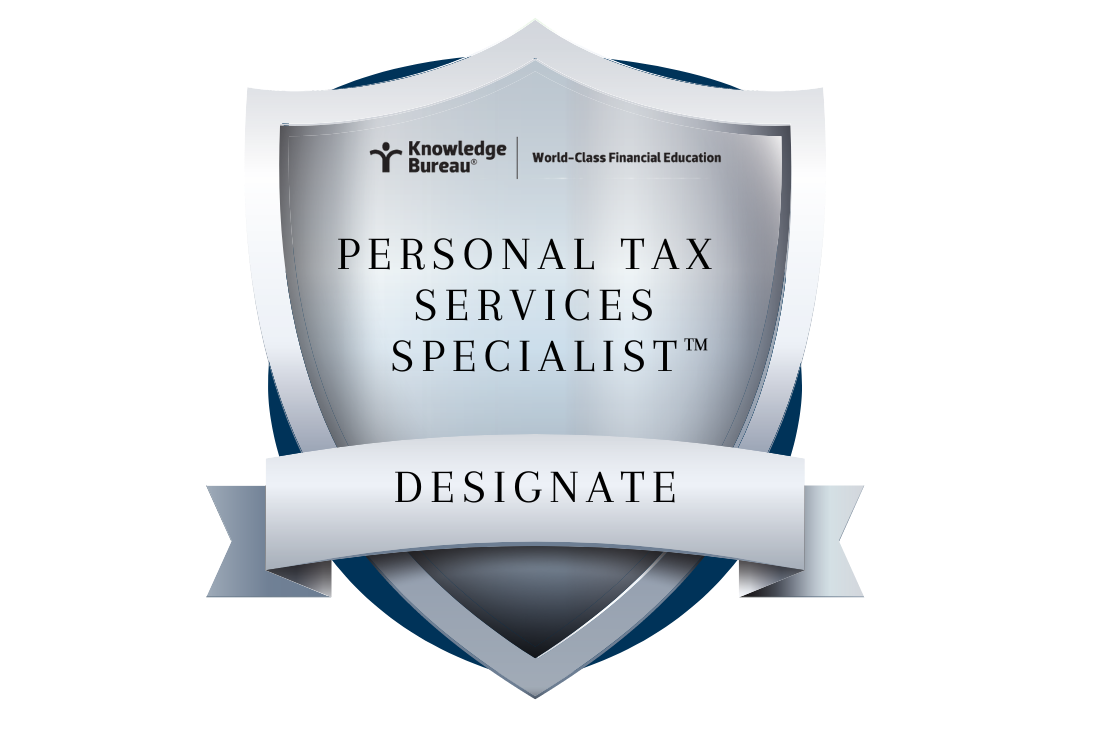Last updated: November 09 2022
Mini-Budget Targets Speculators and Business Owners

New taxes are on the horizon for high net worth individuals. While several new tax measures were introduced in the November 3 Mini Budget, many have been created to propel forward defined economic incentives for businesses. Of special note: residential property flipping is getting more expensive. A synopsis follows.
Personal Tax Measures: Two new personal tax measures were introduced in this mini-budget:
- Condo and other real estate speculators. An extension of the residential property flipping rules to assignment sales, which are rights to purchase a residential property before constructed or lived in, will be starting January 1, 2023 along side previously scheduled provisions on anti-flipping. Thus, a taxpayer who acquires the right to purchase a property once it is constructed and sells the property before taking possession will be taxed on any gains on the sale of those rights as business income. If the taxpayer exercises their right to purchase the property, the 365-day holding period begins again upon exercise of the right. The fine print on anti-flipping has also introduced a deeming rule that restricts losses on a flip. Legislative proposals regarding the new anti-flipping rules were released in August 2022.
- Coming Soon: New Minimum Taxes on HNW Individuals: Details for a reformed Alternative Minimum Tax, which has not been reviewed since 1986, are expected to be announced in the 2023 Federal Budget. The goal is to claw back the use of otherwise legitimate tax deductions and credits. At risk here are high net worth individuals and generous donors who may see a reduction in the tax value of their donation credits. For these reasons 2022 year end tax planning may involve a discussion about a higher level of donations this year.
- Business Tax Measures: There are three new Investment Tax Credits of interest to smaller businesses, a Share Buyback Tax and a Minimum Tax on Multinationals but these provisions will not come into force until 2023 at the earliest:

- A new refundable Clean Technology Investment Tax Credit equal to 30% of the capital cost of eligible equipment, provided it becomes available for use on of after the day the 2023 Budget is released. This credit would be phased out starting with property acquired in 2032 and eliminated for property available for us after 2034. The phase out rates would be 20%, 10% and 5% respectively in 2032, 2033 and 2034. Businesses in the Atlantic provinces will be able to claim this new credit as well as the Atlantic Investment Tax Credit, which is a 10% refundable credit for investments in farm and manufacturing equipment in the Atlantic provinces (normally claimed on T2 Schedule 31 or T2028-Individuals).
- A refundable Investment Tax Credit for Clean Hydrogen Production of at least 40%, with reductions of 10% when certain labor conditions are not met. It is expected to come into force as of Budget Day 2023 and will be phased out after 2030.
- For Canadian corporations, a Tax on Share Buybacks – a 2% tax on the net value of all types of share buybacks by public corporations in Canada. More details will be announced in the 2023 Federal Budget. The intent is to have corporations invest profits back into the business and employment instead of flowing profits to shareholders.
- A minimum tax for multi-national corporations: a two-pillar plan for international tax reform will ensure treaties to tax the largest and most profitable companies will come into force by 2024 across 137 countries including Canada and that a minimum effective tax rate of 15% on profits will be paid in every jurisdiction in which they operate.
What Was Missing. This statement was silent on changes to intergenerational rollover provisions or adjustments to capital gains inclusion rates, at least for now. The Society of RWM™ Panel at the November 16 CE Summit next week will lead a lively multi-advisory discussion on Preparing Your Business for Exit, which will take into account existing and pending economic and tax trends that may be of concern to business owners.
Join Evelyn Jacks on November 16 at the Virtual CE Summit when she will highlight these and other significant tax and economic changes affecting your clients in the 2022 tax filing year and in tax planning for 2023 and beyond.
Evelyn Jacks is Founder and President of Knowledge Bureau, holds the RWM™, MFA ™, MFA-P™ and DFA-Tax Services Specialist designations and is the best-selling author of 55 books on tax filing, planning and family wealth management. Follow her on twitter @evelynjacks.
